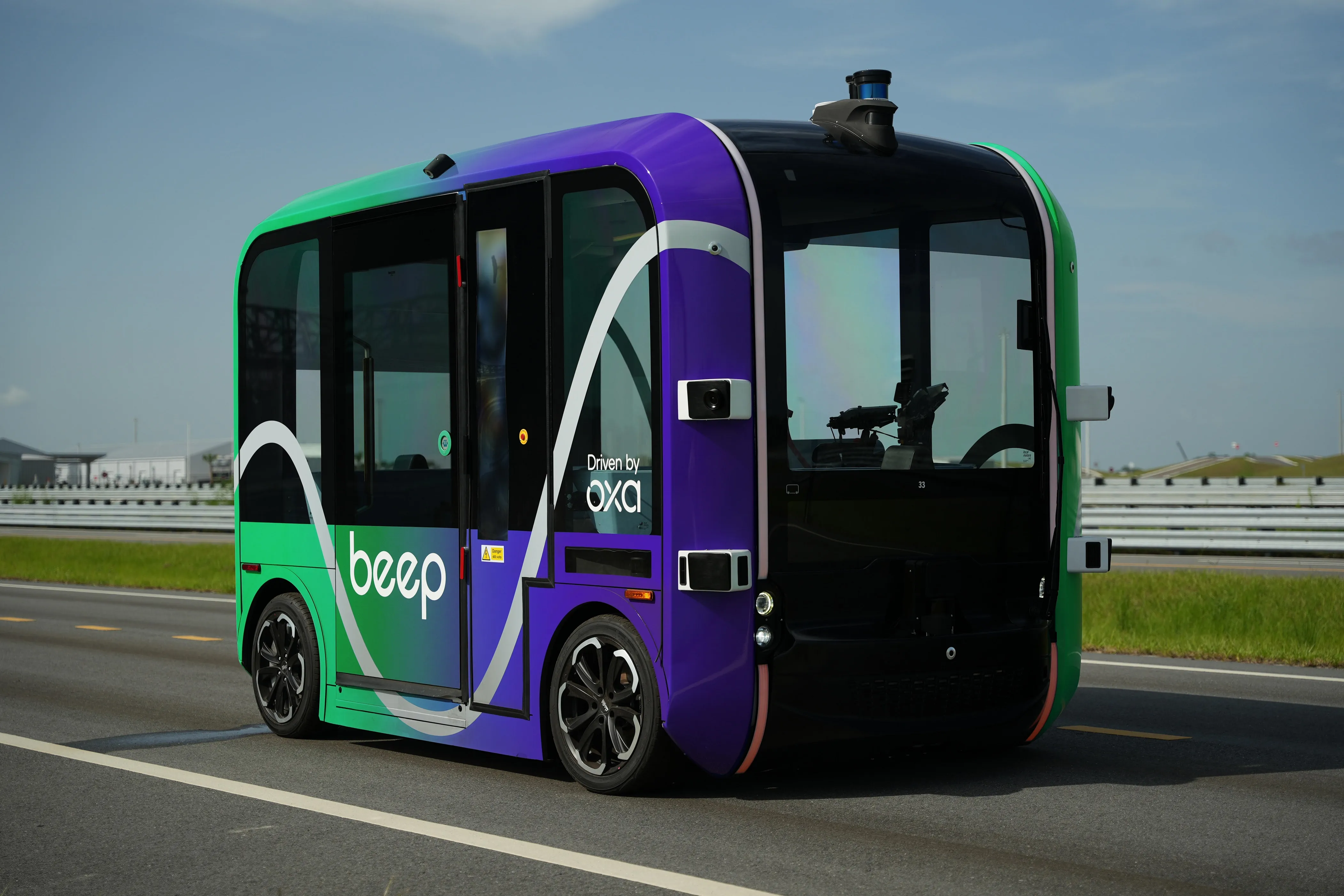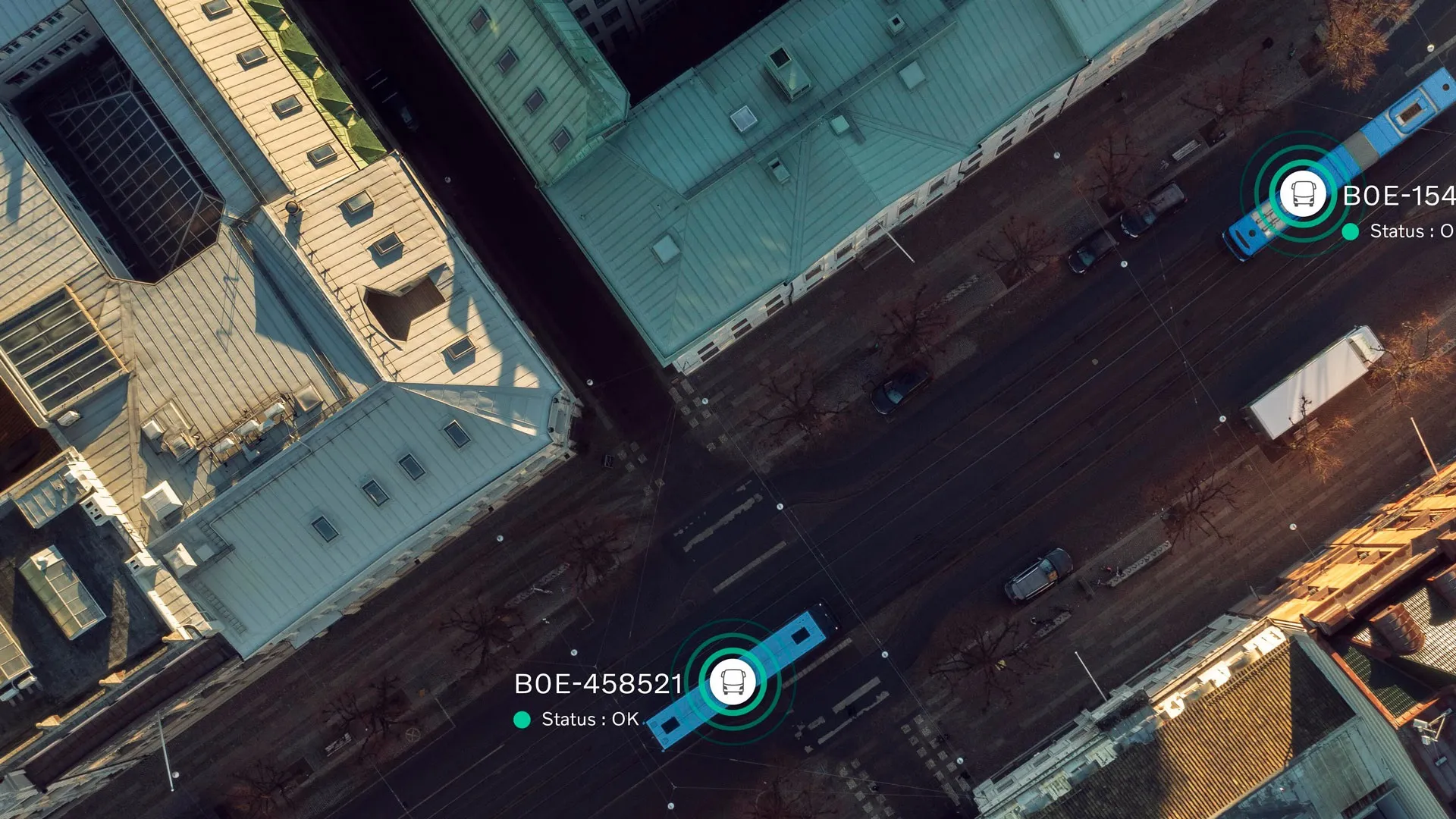
Autonomous vehicle (AV) provider Beep and AV software developer Oxa have partnered to deploy vehicles in the US.
Oxa’s autonomy software will be installed in various vehicle types operated by Beep, "from current passenger shuttles to future vehicle platforms".
The first initiative is a fleet of Beep autonomous and electric shuttles driven by Oxa Driver software.
Two of the Beep shuttles operate at the recently-opened SunTrax test facility in Auburndale, Florida - the first location in the US specifically designed for connected autonomous vehicle and standard automotive testing in a single site.
Oxa is showcasing its passenger transportation solution ahead of public availability later this year.
Oxa Driver takes sensor data from cameras, Lidar and radar, and uses AI to "accurately sense and predict changes to the vehicle's environment while learning from previous journeys, which is key to improving the capability of the technology over time".
Gavin Jackson, CEO at Oxa, says: “This marks a significant step forward for Oxa and the future of self-driving technology. Through partnering with Beep, we have the potential to drive several thousand vehicles over the coming years to make Oxa software the most widely utilised AV platform on the planet.”
Beep CEO Joe Moye says: “Oxa’s self-driving software, integrated with our command centre and service management software, provides a safe and sophisticated autonomous solution that will enhance our passenger experience and operational capabilities, making more accessible, true autonomous use cases a near-term reality."
Oxa recently raised $140 million and has a strategic partnership with Google Cloud through which Oxa is leveraging a number of Google Cloud products to help develop, test, validate and verify its self-driving technology.







